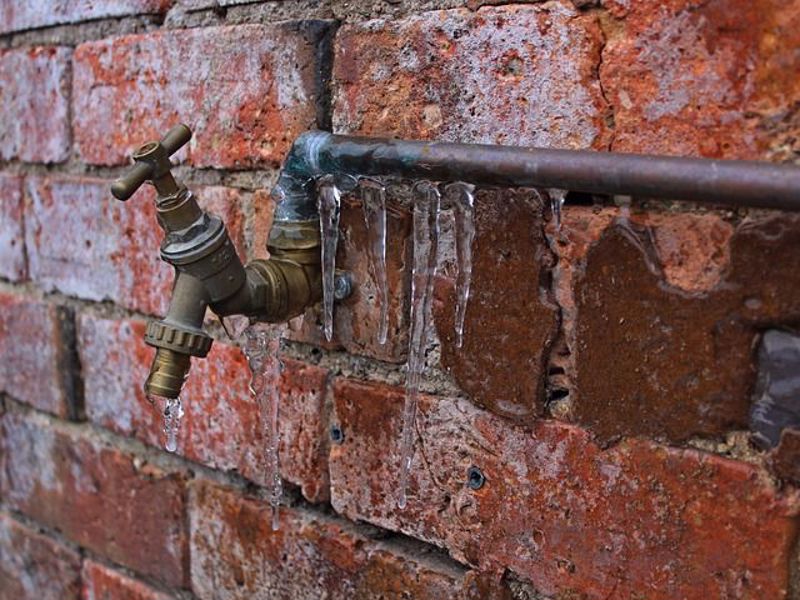Home Depot knows that looking after your home is important. With a Home Depot Money Saving Coupon from We Are Coupons you can save money on making sure your home remains safe in these cold winter months. During the cold winter months, it's vital to ensure that your outdoor pipes don't freeze. This is especially true if you have pipes that run through your garage or yard. To keep your pipes from freezing, here are some tips and tricks that you can use.
Insulation
Adding insulation to your outdoor pipes will help keep them from freezing during the winter. Pipes that freeze in the winter can cause significant damage, and if you have insurance, a bursting pipe can be a big claim.
Insulation is a great way to protect pipes, but does it really prevent them from freezing? If you are going to invest in insulation, do it properly. Follow the manufacturer's instructions to ensure that your pipes remain insulated, and don't just cover them up with a coat of paint.
Adding insulation to pipes is a relatively inexpensive project. It will not only keep your pipes from freezing, but it can also keep the water in them hot and prevent blustery drafts.
Insulation can also be applied to your house to help keep the heat in. It is best to install the insulation at bends and in places where cold air can get in.
If you have exposed pipes, you may want to consider using foam or rubber pipe sleeves. You can buy these at your local hardware store. They are easy to install and will keep your pipes from freezing in winter.
Foam hose bib covers
Using foam hose bib covers to protect your outdoor faucets is a great way to prevent pipes from freezing. This is especially important during the winter. If pipes freeze, they can burst and cause significant water damage.
Pipes are most likely to freeze outside the front door, but they can also freeze in unheated areas like basements and crawlspaces. Insulating these pipes will keep them from freezing, but the insulation will not last as long as in other parts of your home.
To thaw a frozen pipe segment, use a heating pad or hair dryer. Do not use open flames, as they can damage the pipe and cause carbon monoxide gas to enter the home.
For older faucets, you can open the drainage port near the shut off. This will drain the excess water and relieve pressure in the line. You should close the shut off once the water has stopped flowing.
If you have a newer home, you should consider installing frost free hose bibs. These are designed with freezing weather in mind. They are installed at a downward slope to drain water away from the line.




